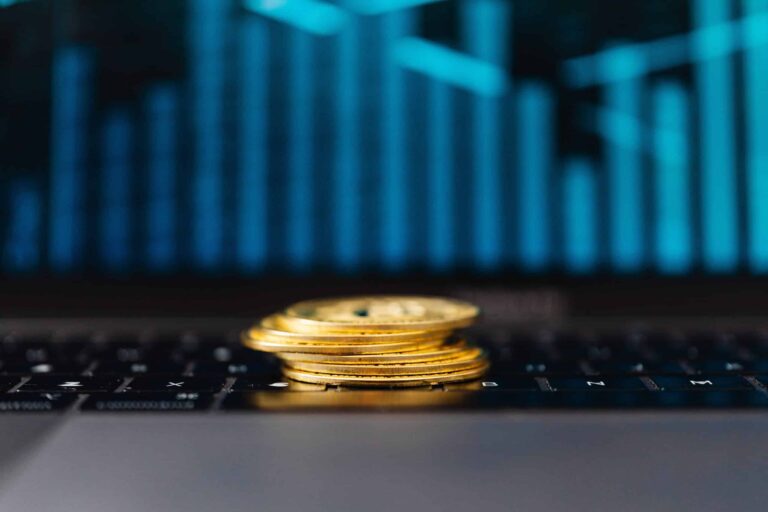Digital assets are a form of digital investment based on the blockchain. They therefore mainly include cryptocurrencies, but not only. A digital asset is, in fact, anything that exists in a digital format and for which it comes with the right of use.
They are thus the digital representation of a right or asset that exists in the physical world or the digital world. It is based on the blockchain, which guarantees the non-duplicability of the digital identity of the asset.
Table of Contents
How do digital assets work?
Each digital asset is associated with a blockchain, on which all transactions made on the same are stored.
Thanks to the blockchain, digital assets can be created by anyone who performs a process of “tokenization“. This is the conversion of rights to a certain asset into a digital token that can be stored and managed on a blockchain or another DLT, Distributed Ledger Technology.
Tokenization can take place in two ways. The digital representation of assets on the blockchain or the issuance of traditional asset classes in the form of tokens.
In the former case, the economic value and rights derived from pre-existing real assets are linked or embedded in DLT-based tokens. The issued tokens exist only within the blockchain, while the real assets continue to exist in the real world.
In the second case, asset tokenization involves the creation of an instrument within the blockchain and the issuance of tokens born directly on the blockchain. Which live solely on the DLT.
These processes apply to financial assets such as securities, commodities and currencies, as well as physical assets such as real estate and works of art.
Types of digital assets
According to the Blockchain & Distributed Ledger Observatory of the Politecnico di Milano, there are two main types of digital assets. Namely, native and nonnative.
Native assets are cryptocurrencies, which exist only and only in digital form. While nonnative assets are tokens generated on blockchain platforms. Tokens, in turn, can be of four types:
- money, when they perform monetary functions. Stablecoins, for example, are a type of cryptocurrency in which the value of the digital asset is pegged to a reference asset;
- utility, when they enable access to a service (such as governance tokens, which grant voting rights);
- ownership, which give ownership of both a physical and financial asset;
- value, when they represent the value of an asset without implying ownership.
The digital assets most in vogue among investors, cryptocurrencies aside, currently are Non-Fungible Tokens, or NFTs, “ownership” certificates on digital works.
Why are digital assets important?
Digital assets offer diversification compared to traditional asset classes because their prices tend to vary independently of what happens in the real world.
However, as seen in the case of cryptocurrencies, they have very volatile prices.
Therefore, they should represent only a portion of an investor’s overall portfolio. Or at least commensurate with his or her risk profile.
Digital asset management: how to invest in digital assets?
Direct investment in digital assets is full of opportunities and risks, but also very complex.
Digital investment platforms are now widespread, even among young people, giving users the opportunity to invest their savings and trade stocks and cryptocurrencies. Thus managing the portfolio according to their own investment strategy.
The exchange platforms on which you can buy or sell digital assets are not currently regulated. So there is no specific legal protection in case of litigation or bankruptcy. Without disclosure requirements and transparency rules, exchange platforms have therefore also great exposure to high operational and security risks.
Read also: Global cryptocurrency regulatory framework: FSB, IMF and BIS lay the groundwork for common rules












